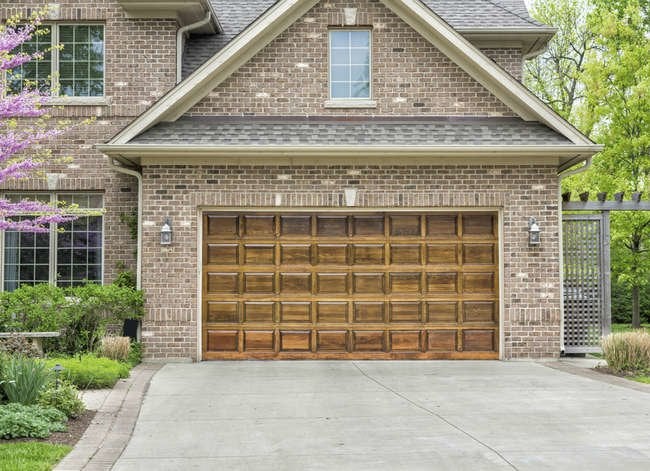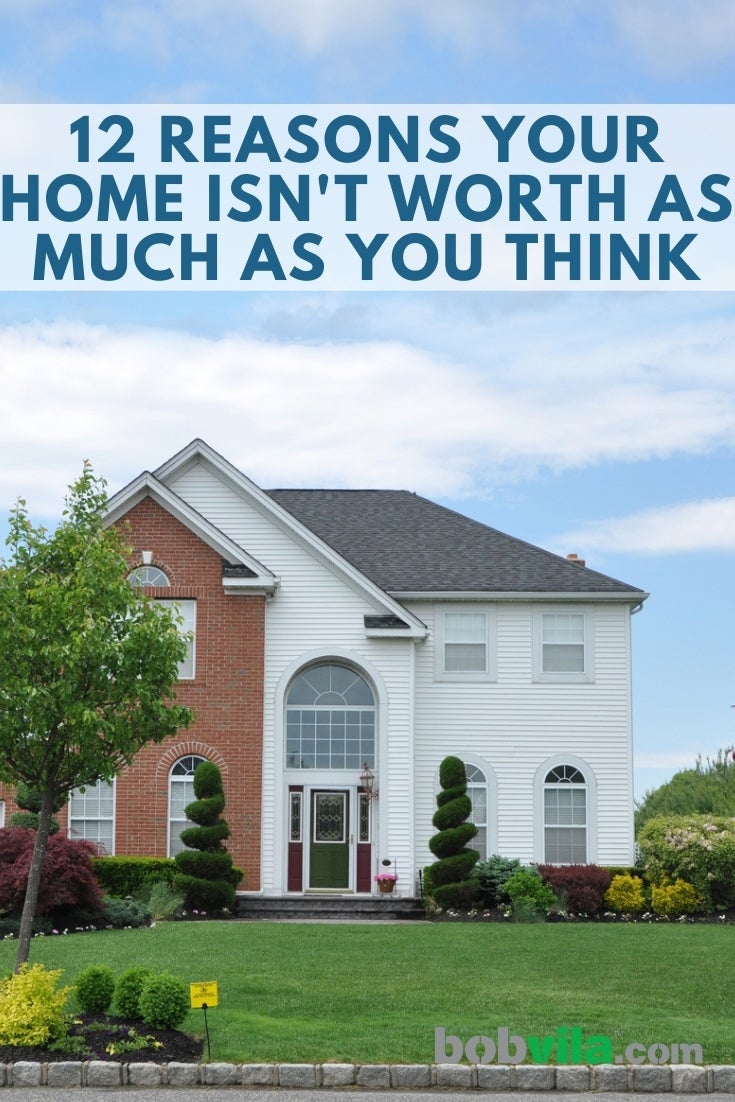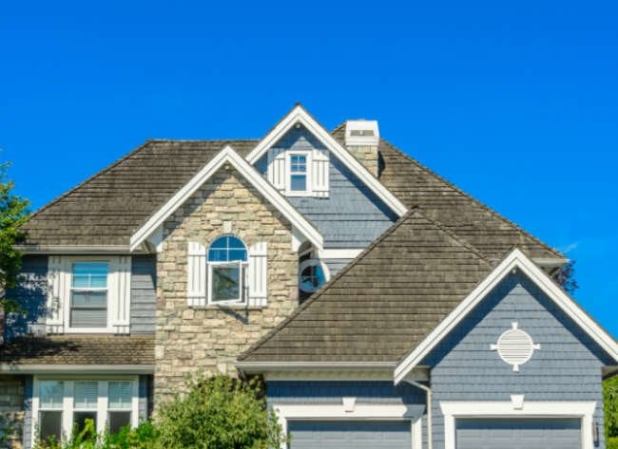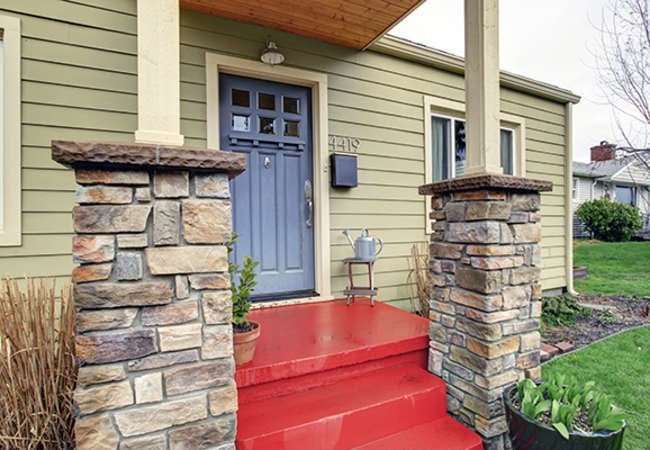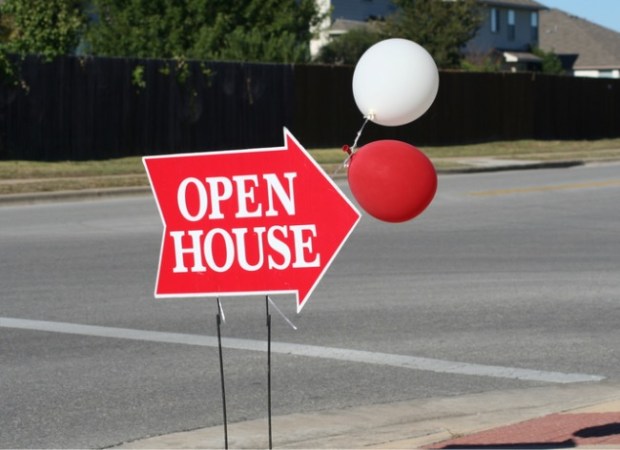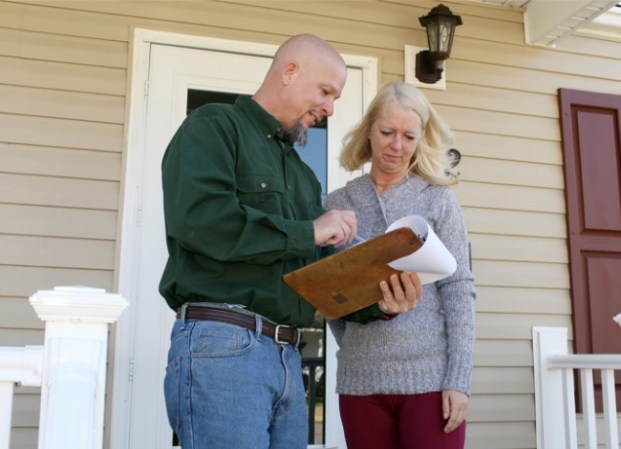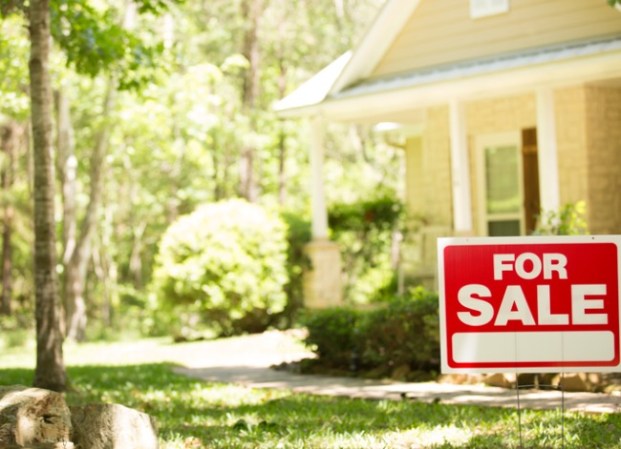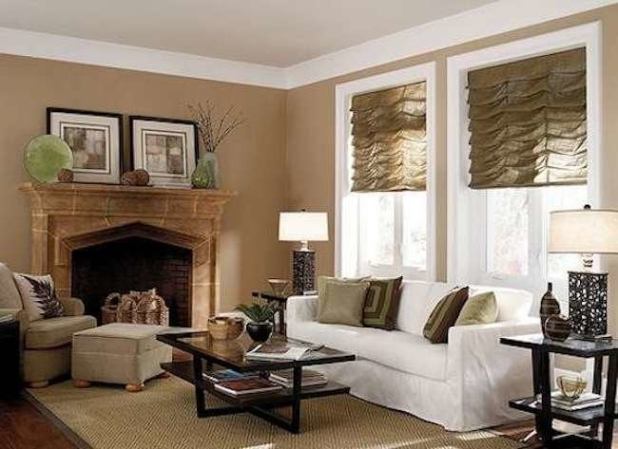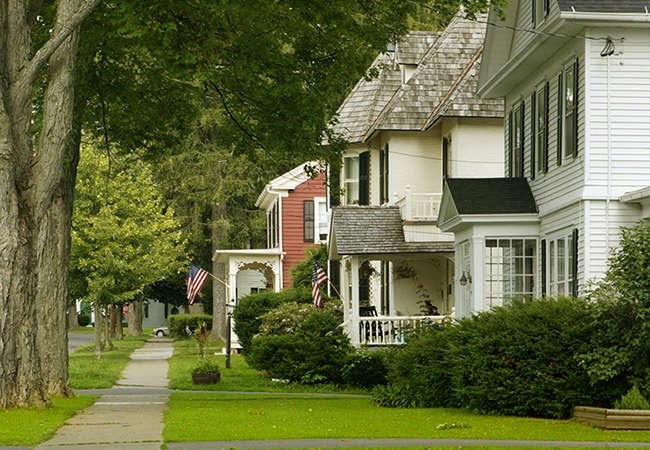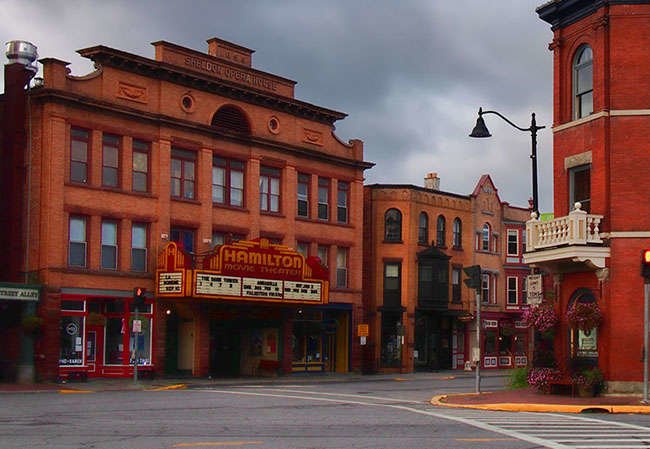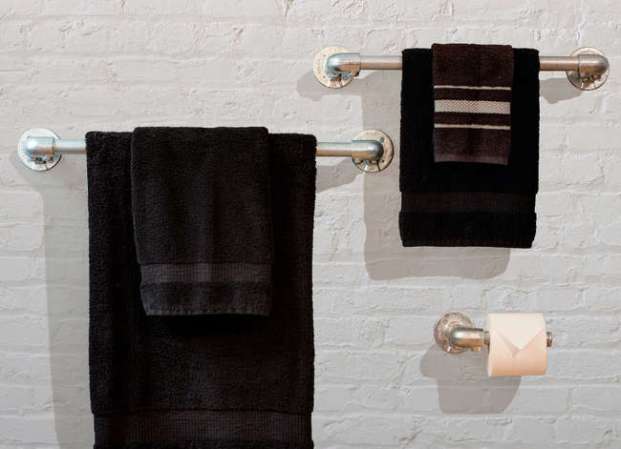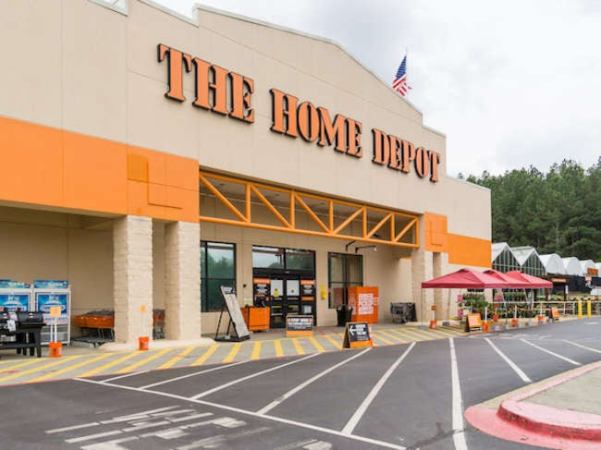We may earn revenue from the products available on this page and participate in affiliate programs. Learn More ›
Know Your Home's Worth
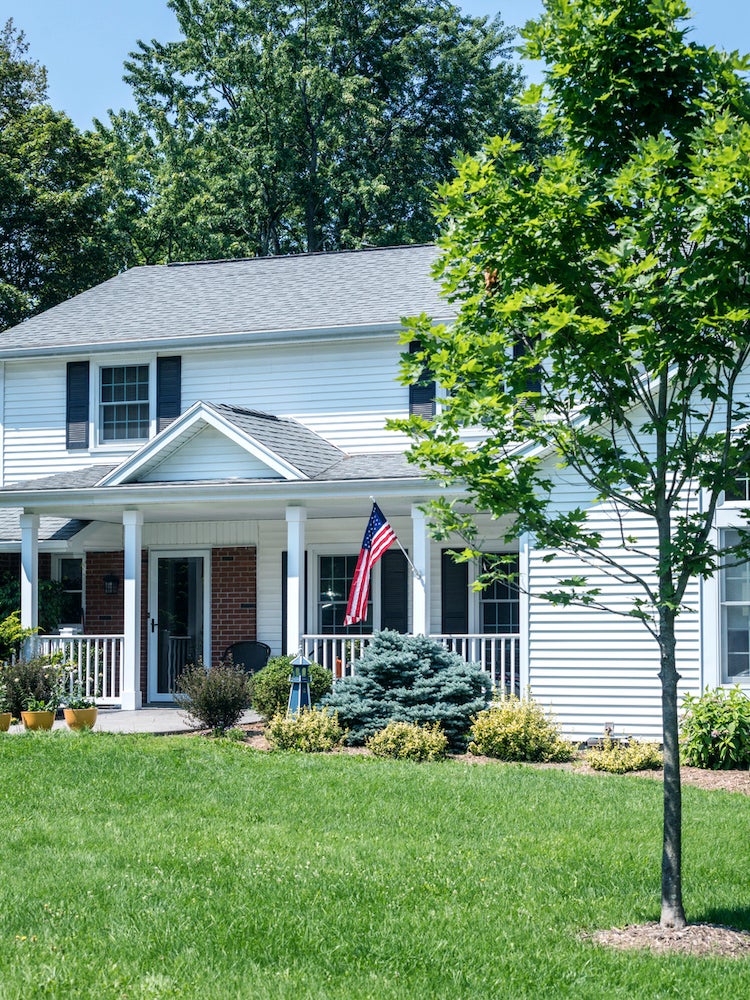
Before putting your home on the market, try to see it from the buyer’s point of view. Everything from the exterior landscaping to the interior paint palette could be alienating prospective buyers, and dragging down your home’s value. Here are a handful of problem areas to address before you sell.
Not Loving Laminate
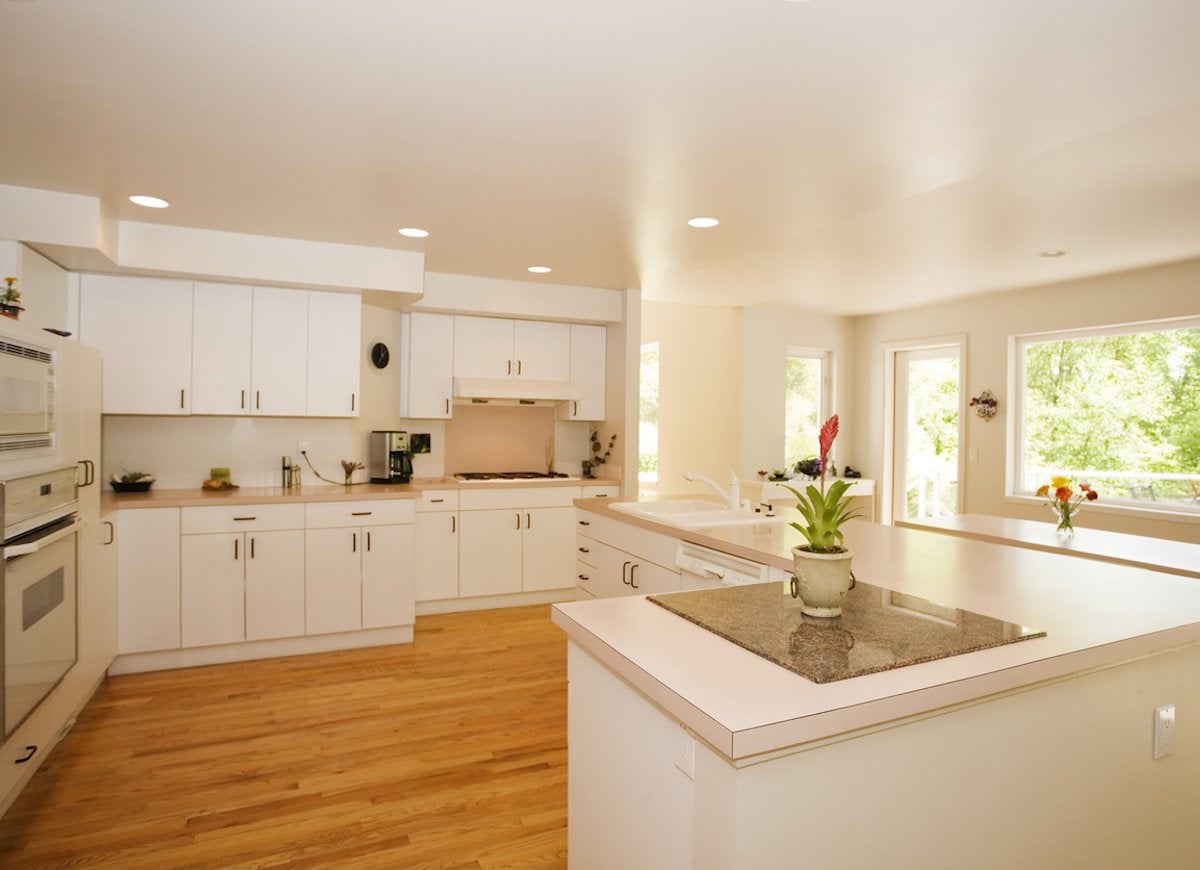
Affordable laminate countertops are ubiquitous in today’s homes, but these sensible kitchen standbys are not popular with new buyers. A recent study by the National Association of Home Builders found that laminate countertops are one of the top ten house features that buyers despise. Instead, homebuyers are willing to pay a bit more for a house that boasts granite, tile, and even concrete kitchen countertops.
Bar None
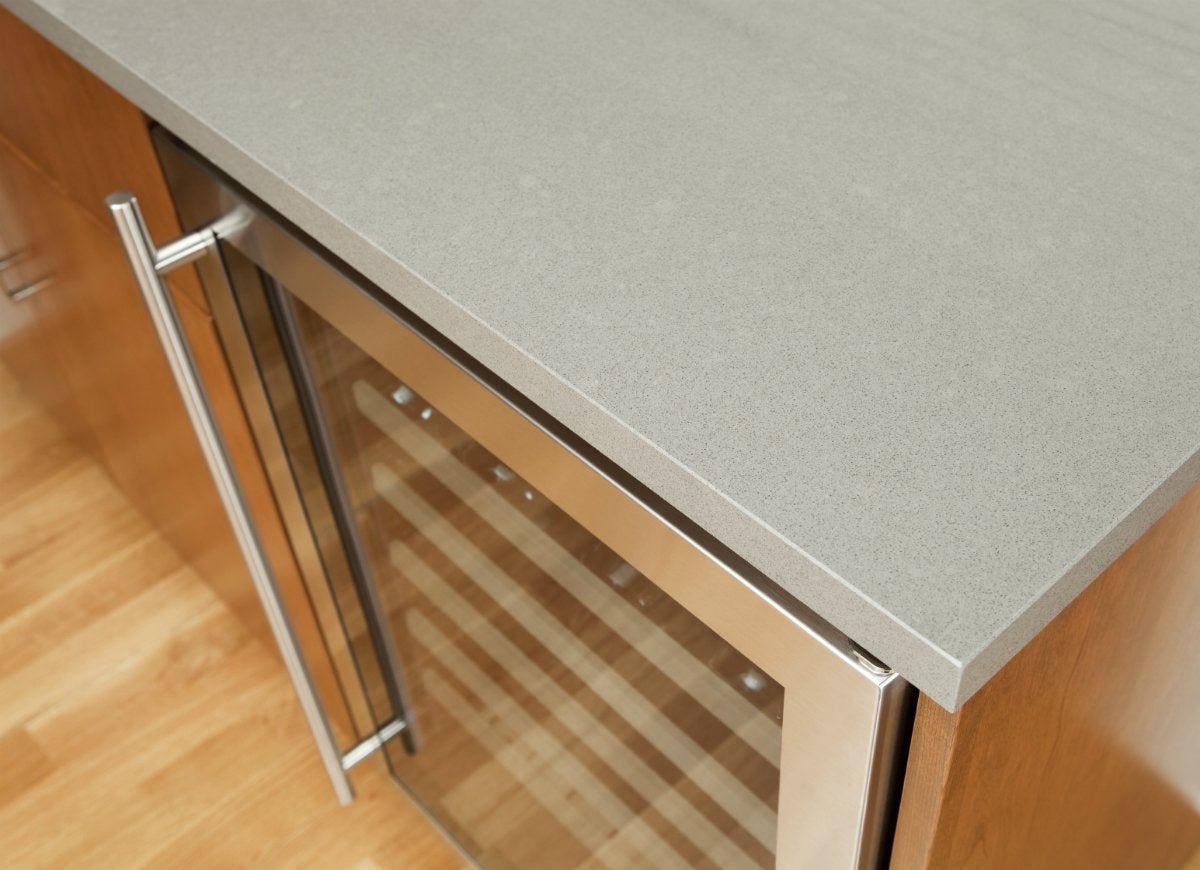
Many Americans love to kick back with a cold brew or a glass of wine, but not everyone wants to advertise their recreational indulgence by installing a prominent wine cooler or wet bar. Once considered stylish and trendy, these luxe house features are no longer in high demand. Instead, extra cabinets or storage shelves can fetch a higher closing price.
Banish Weeds
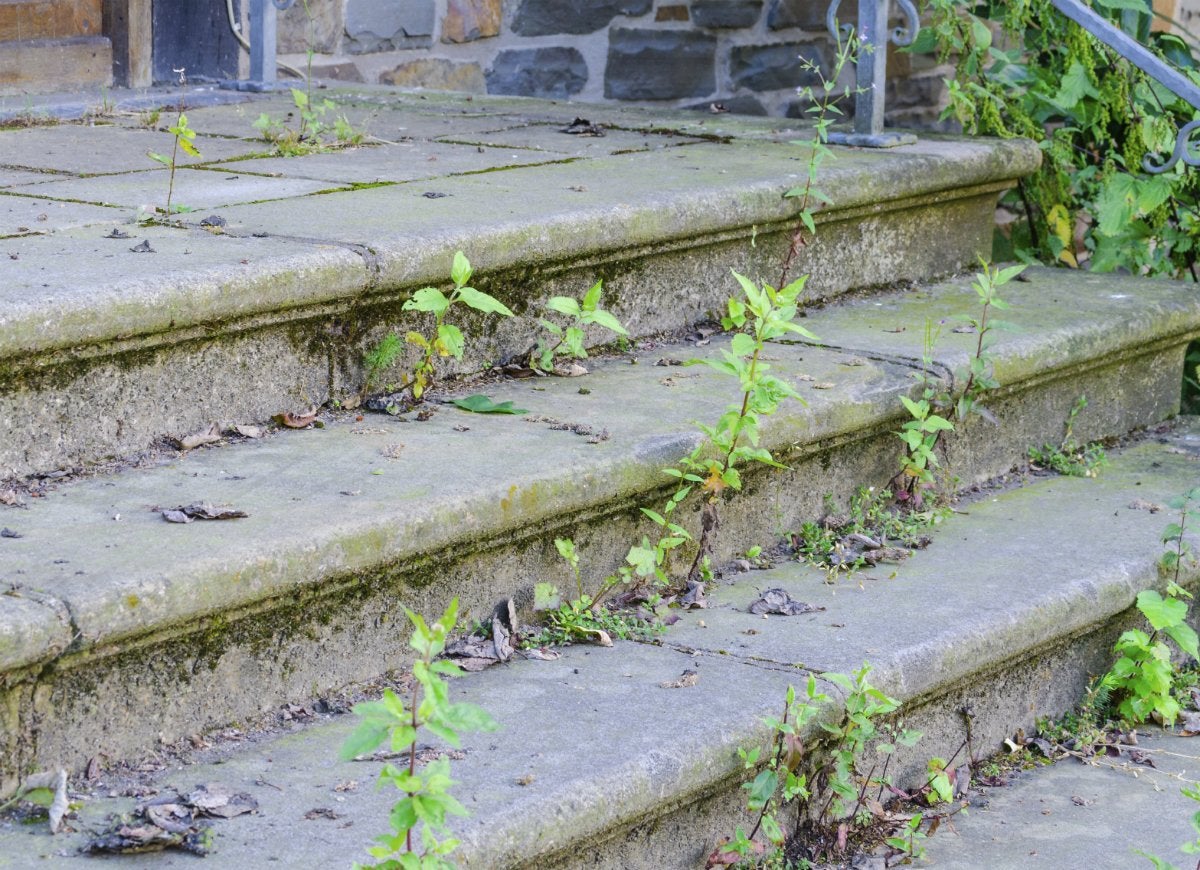
Unruly shrubs, filthy sidewalks, and a yard full of dandelions can drag down your home’s value by no small amount. Plus an unkempt yard may signal to potential buyers that other household maintenance tasks have been neglected. Hire a local landscaper to mow the lawn, weed and mulch flower beds, trim overgrown trees and shrubs, and put a happy face on your home exterior. For a couple hundred dollars, you can resolve a multitude of sins.
Related: 7 Weirdly Effective Ways to Weed
Good Fences Make Good Sales
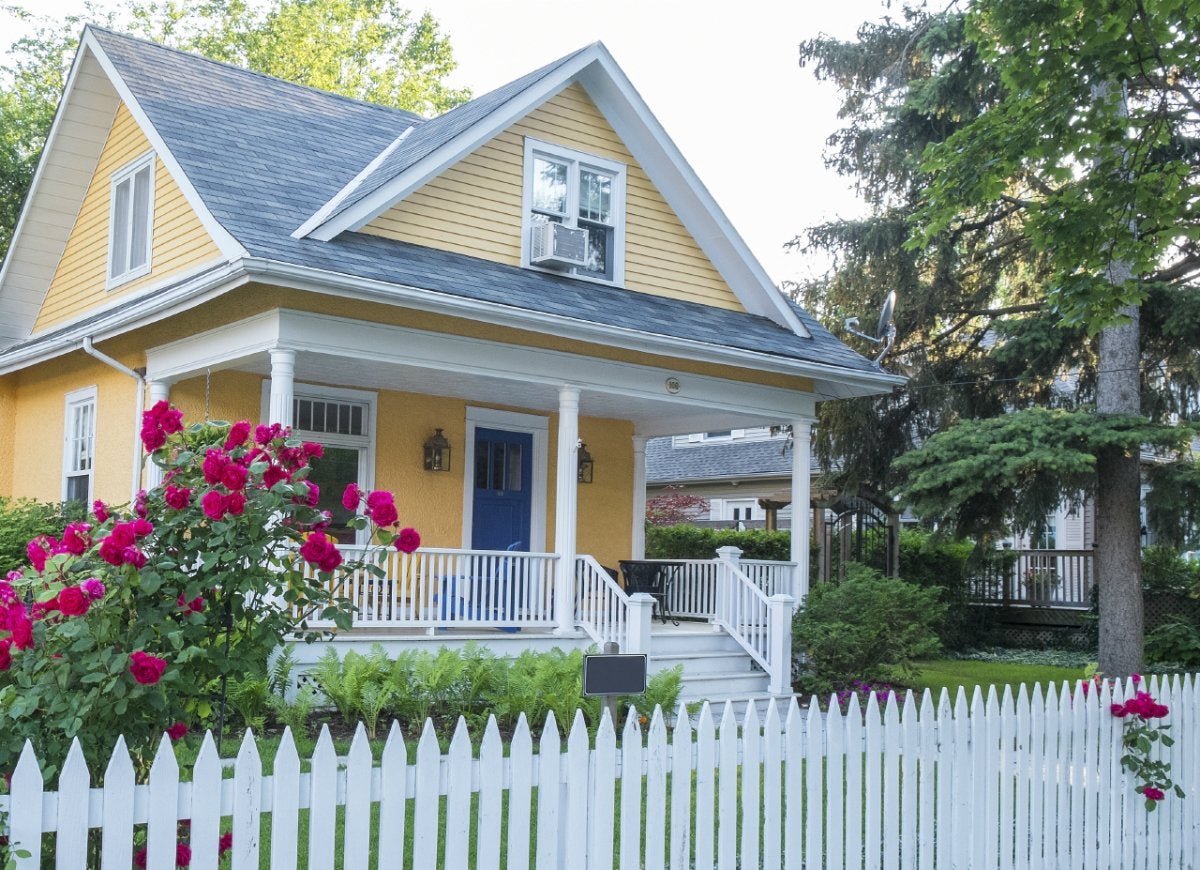
Most potential buyers prefer a fenced yard to an unfenced one. Fences offer privacy, security, and the ability to keep children and pets safely enclosed. Wood fences are highly desirable and may boost your home value considerably. If you can’t spring for a wood privacy fence, consider chain link. Many buyers prefer its maintenance-free design and its ability to blend into the background while securing the perimeter.
Can't Have Carpet
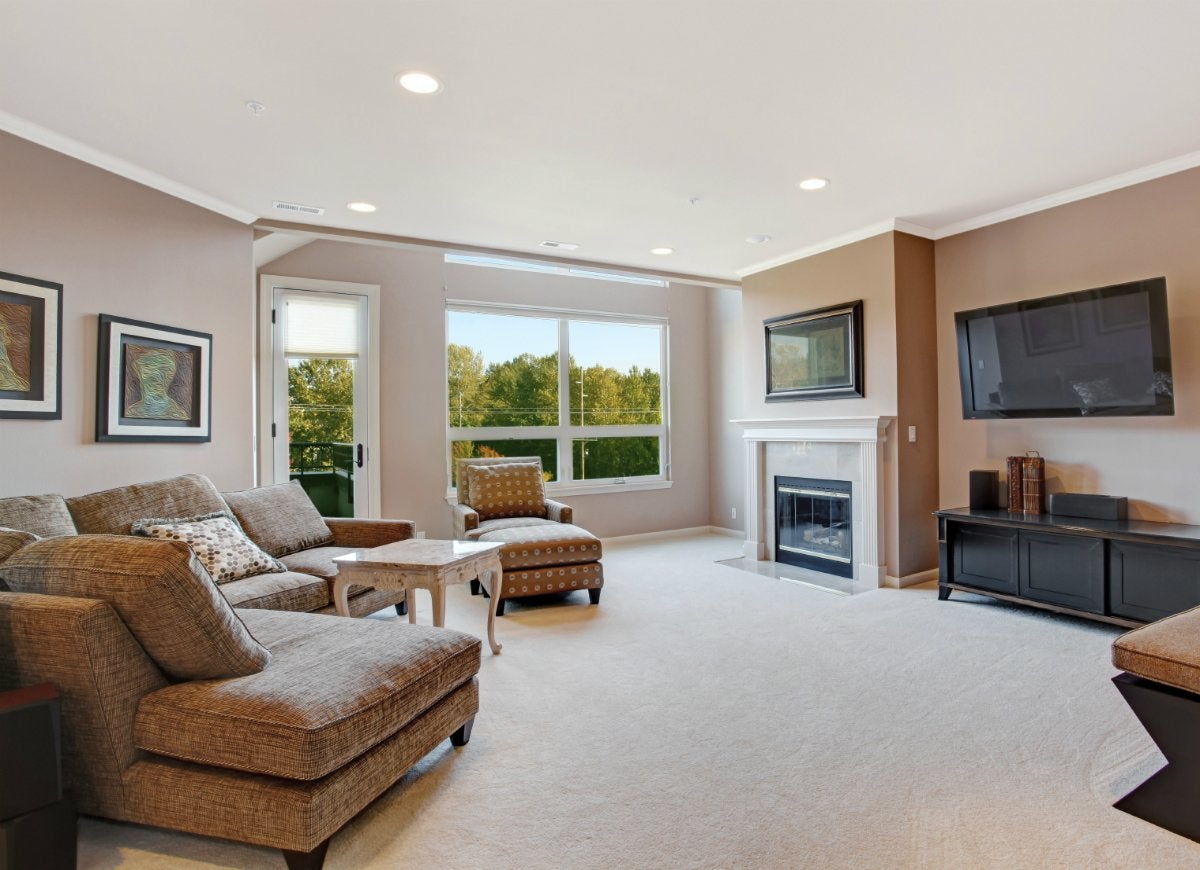
The halcyon days of wall-to-wall carpeting are definitely past. Today, homebuyers expect hardwood floors even in starter homes. If you currently have carpeted floors, consider removing the carpet and refinishing the wood flooring underneath. If you’re not lucky enough to have hardwood or engineered wood floors hiding under the carpet, you may want to install some, at least in the main living area. If you absolutely must keep the carpet, call in a professional cleaner to remove any odors or stains.
Related: The Best (and Worst) Things You Can Do Before an Open House
Pave Paradise
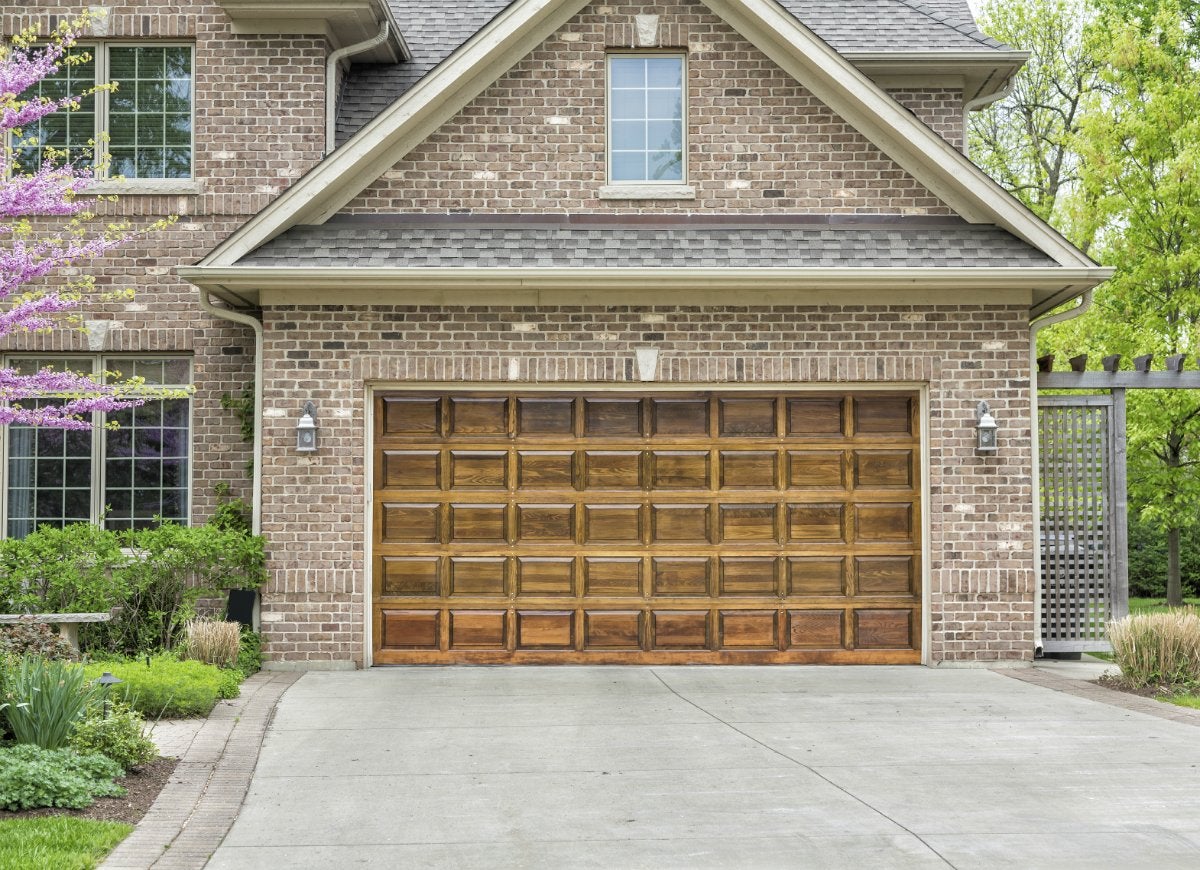
Even in rural markets, a gravel or dirt driveway is a deal breaker for many homebuyers. It’s preferable to have a concrete driveway to boost your home’s curb appeal. Affordable asphalt is a good option too, although it’s less aesthetically appealing and doesn’t last quite as long as concrete.
Draft Dodgers
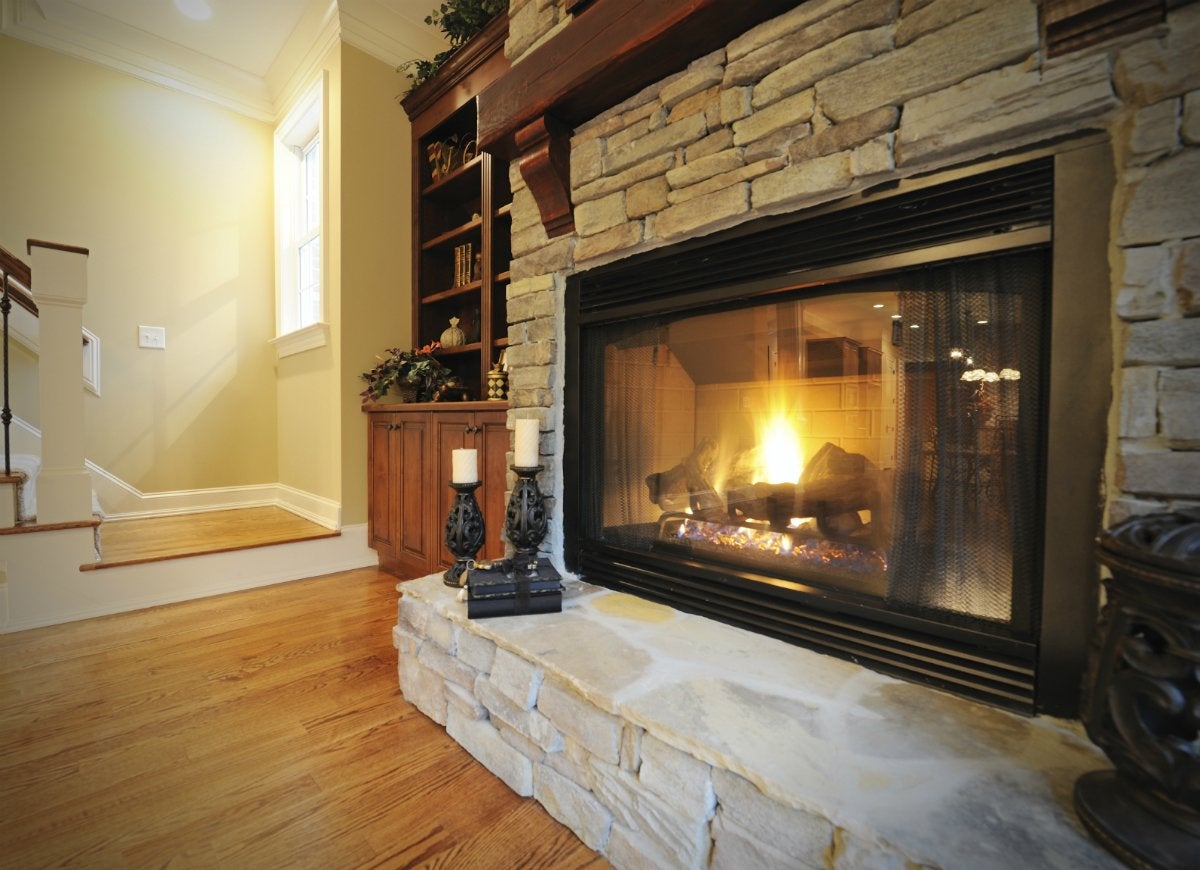
There was a time when a house with an incredible fireplace could command a hefty asking price. But with today’s emphasis on cutting energy costs, a drafty fireplace and chimney sounds less appealing than ever before. If you do have a fireplace, consider adding an energy-saving insert to minimize leaks and drafts and boost the appeal.
Put Your House in Order
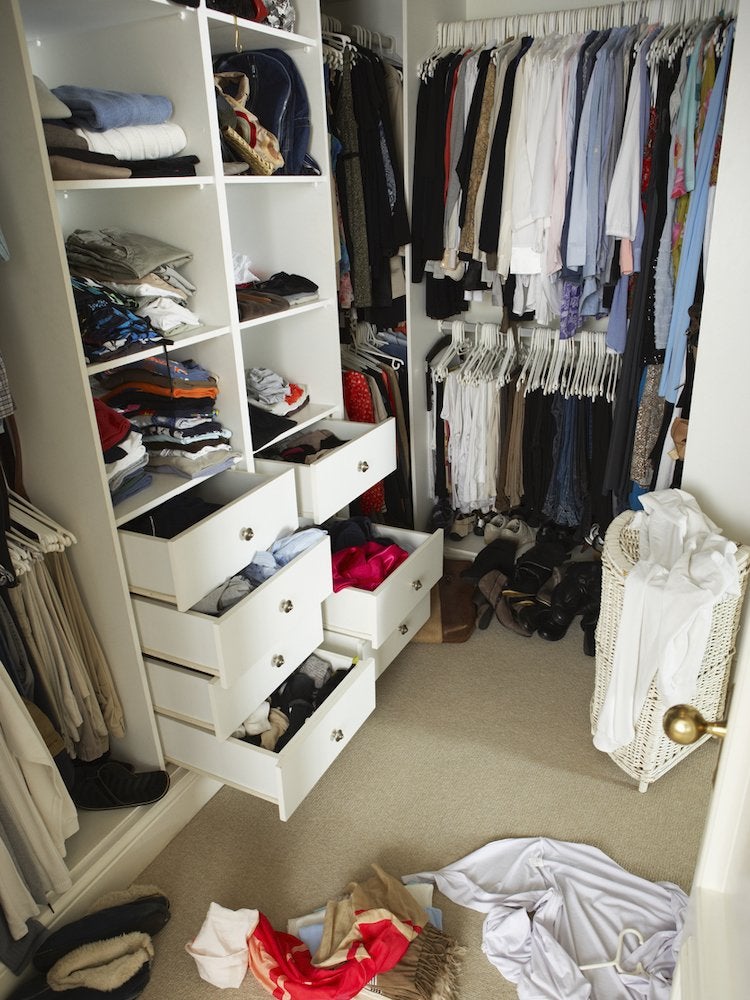
No one wants to buy a house full of junk, which is probably why cluttered homes garner far less money than tidy ones. To increase your homes desirability, pare back your personal belongings and keep the house neat and clean. If your house is especially crowded, send non-essential items to a storage unit and leave behind only your best furnishings to lure potential buyers.
Screen Savers
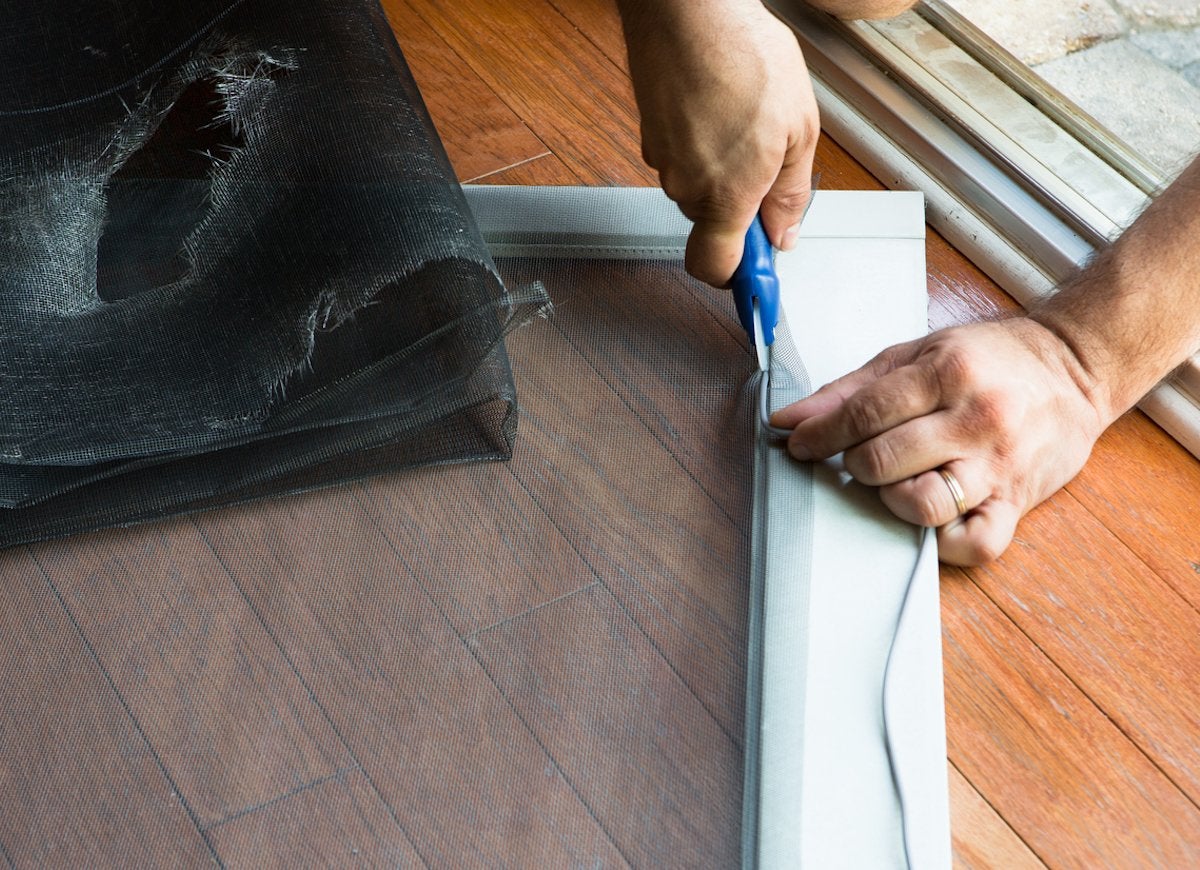
Even small household flaws can really hinder a home’s resale prospects. For instance, neglected, torn, or missing window screens may signal to buyers that the larger and more costly maintenance tasks have been neglected as well. Fix damaged window and door screens, and replace missing parts to make a better first impression.
Repaint Your Rooms
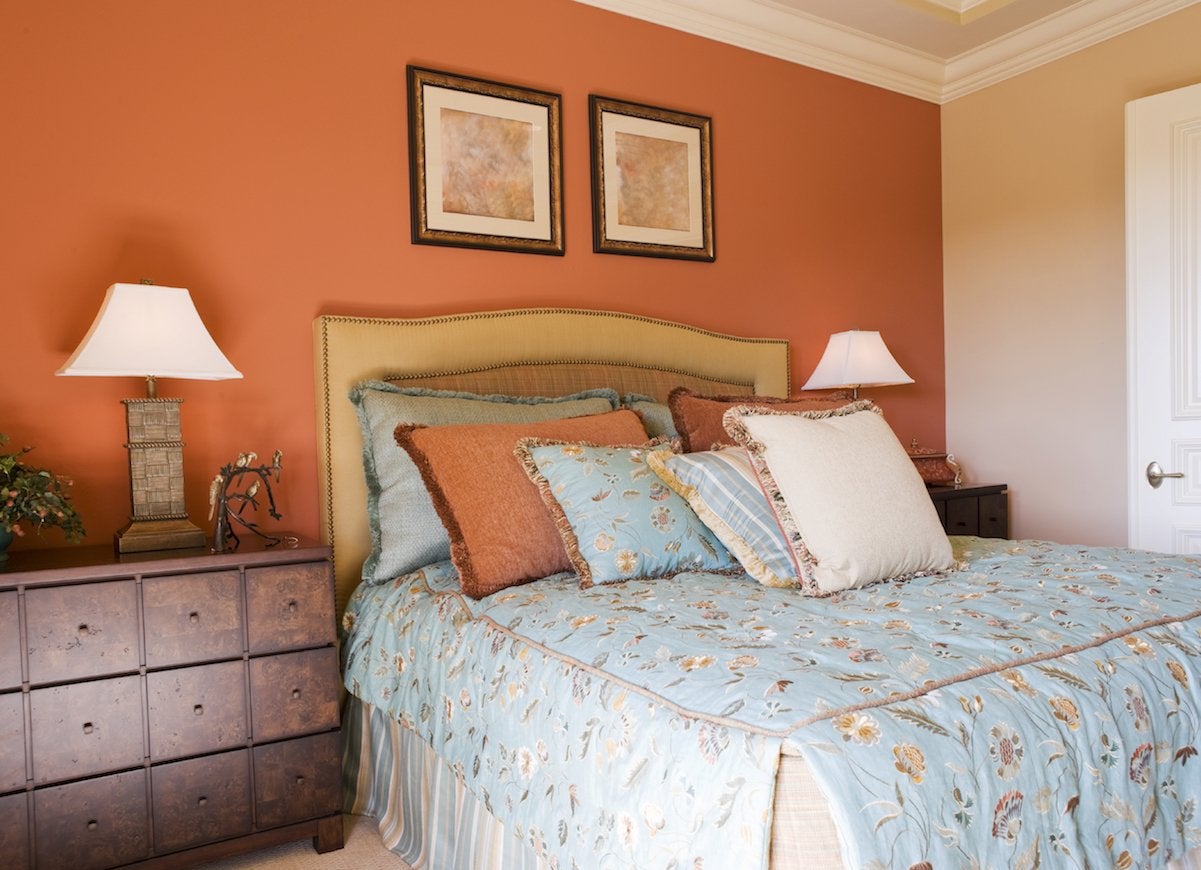
If you view your home through the eyes of a prospective buyer, you may see your paint picks in a whole new light. A fresh coat of paint—in a widely appealing shade—can make a house more attractive and increase its sales value. Avoid using brash colors, or stark white and instead opt for warm natural shades like ivory, beige, taupe, or pale gray, to make rooms seem larger, brighter and more inviting.
Related: 11 Problems You Can Solve with Paint
Look Up
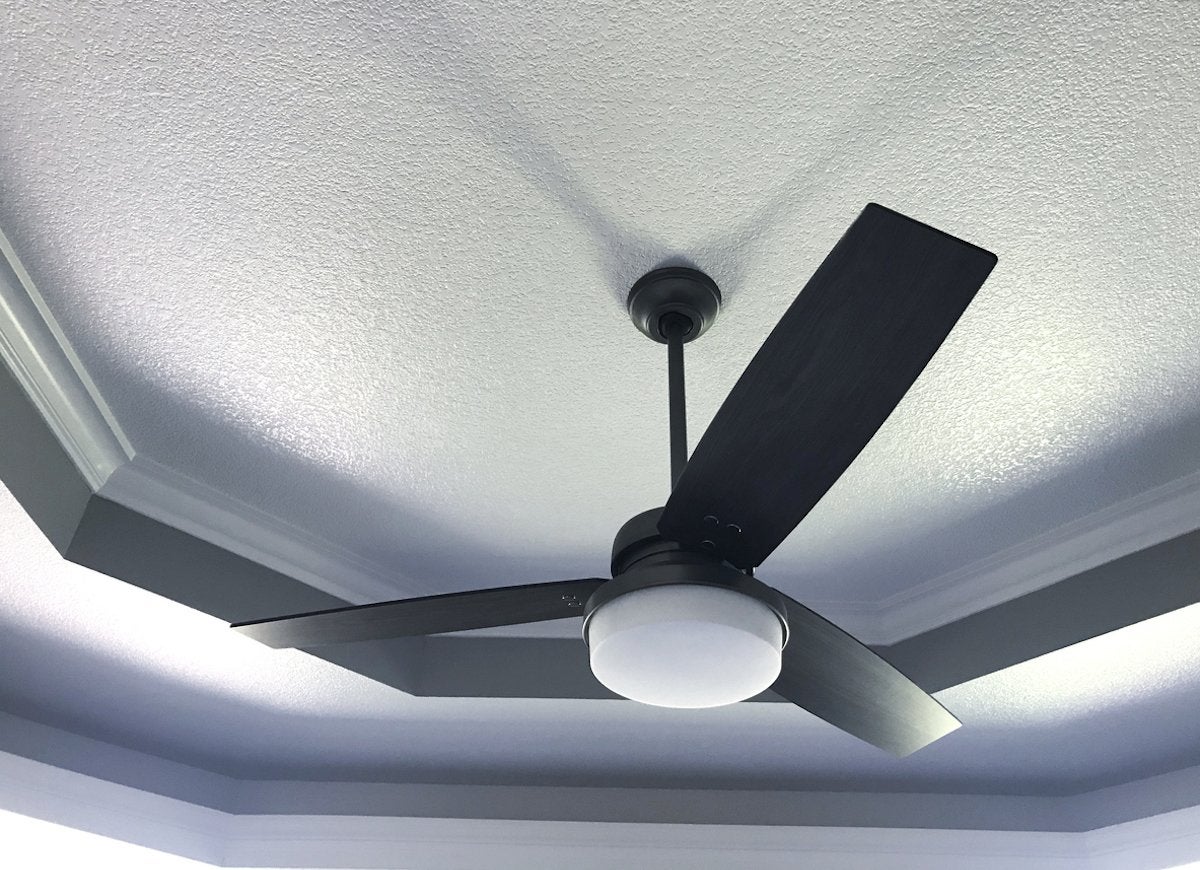
One of the most universally hated house features is the infamous “popcorn” ceiling. Once a popular style, this type of ceiling now looks dated—plus its hard-to-clean surface makes it a trap for dust, dirt, and cobwebs. It may pay to remove yours, but don’t attempt the work yourself if the your home was built prior to the early 1980s, as the ceiling may contain asbestos, which is hazardous to health. Instead, call a licensed professional who can safely and quickly remove the ceiling—and boost your resale value—without endangering your home.
Location, Location, Location
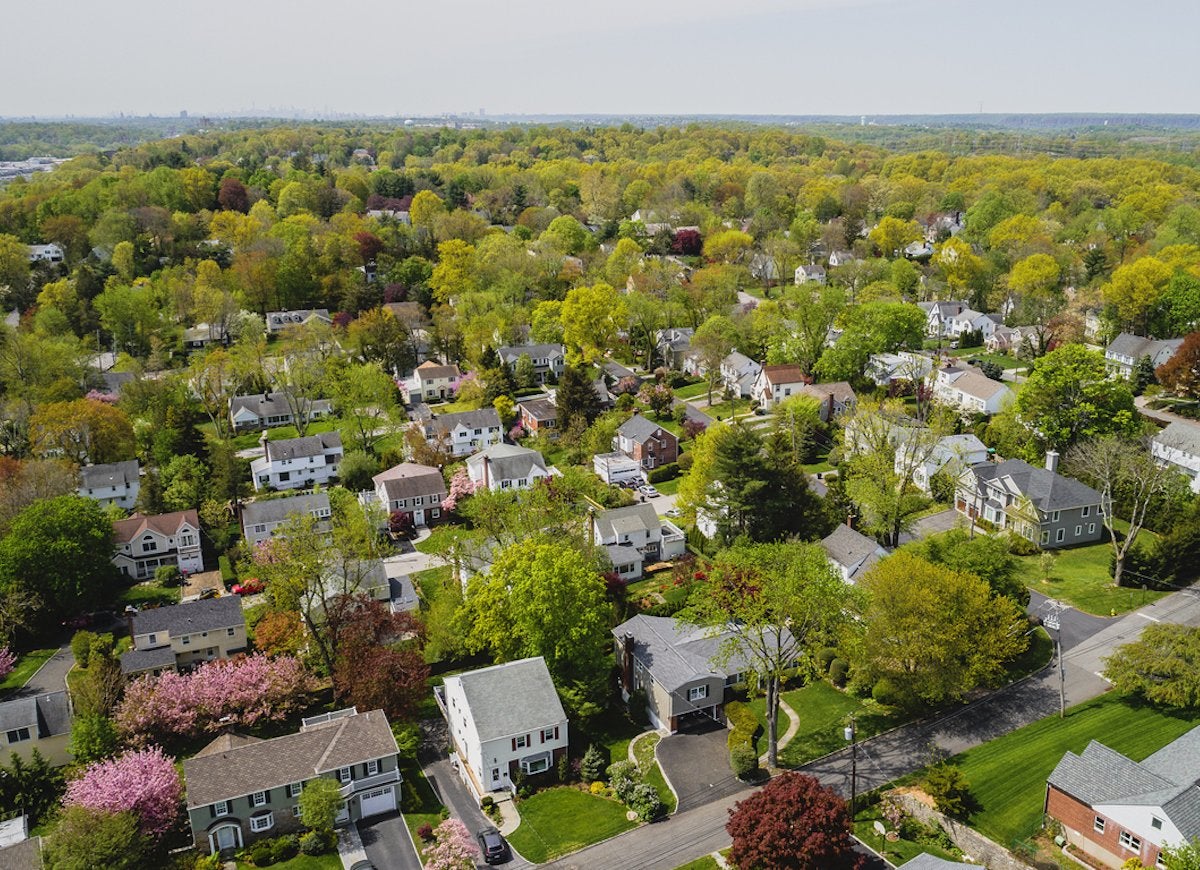
Location, more than any other factor, determines the resale value of your home. Everything from the home’s history to the school district and the surrounding businesses have an impact on your bottom line. Though you may not have much control over the neighborhood, you can arm yourself with knowledge before you list your home. Get acquainted with the school districts and local businesses, and snoop nearby house sales to see what neighbors are able to get for similar sized abodes.

